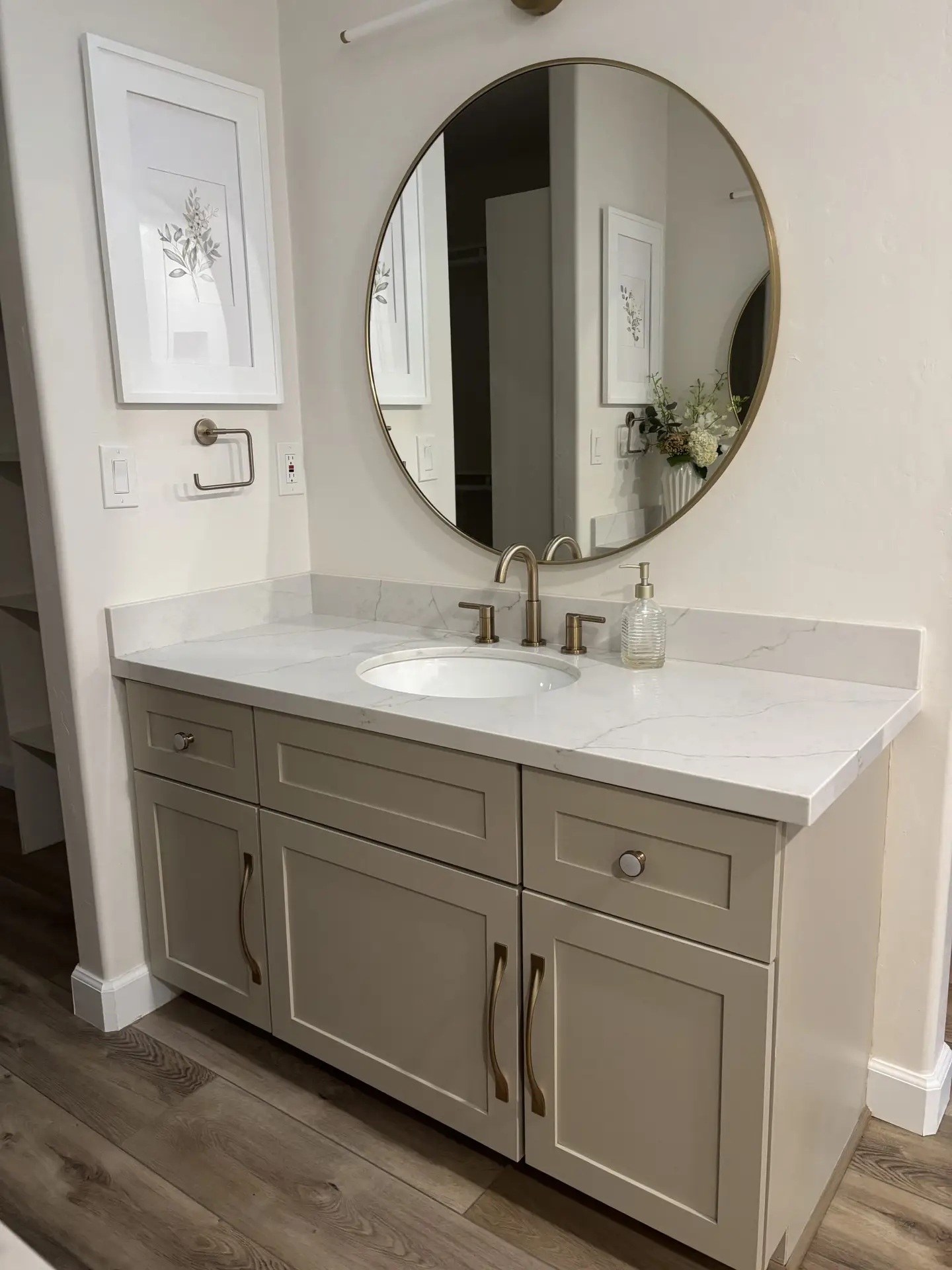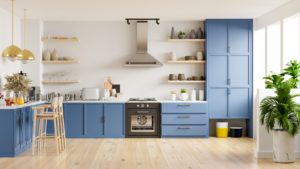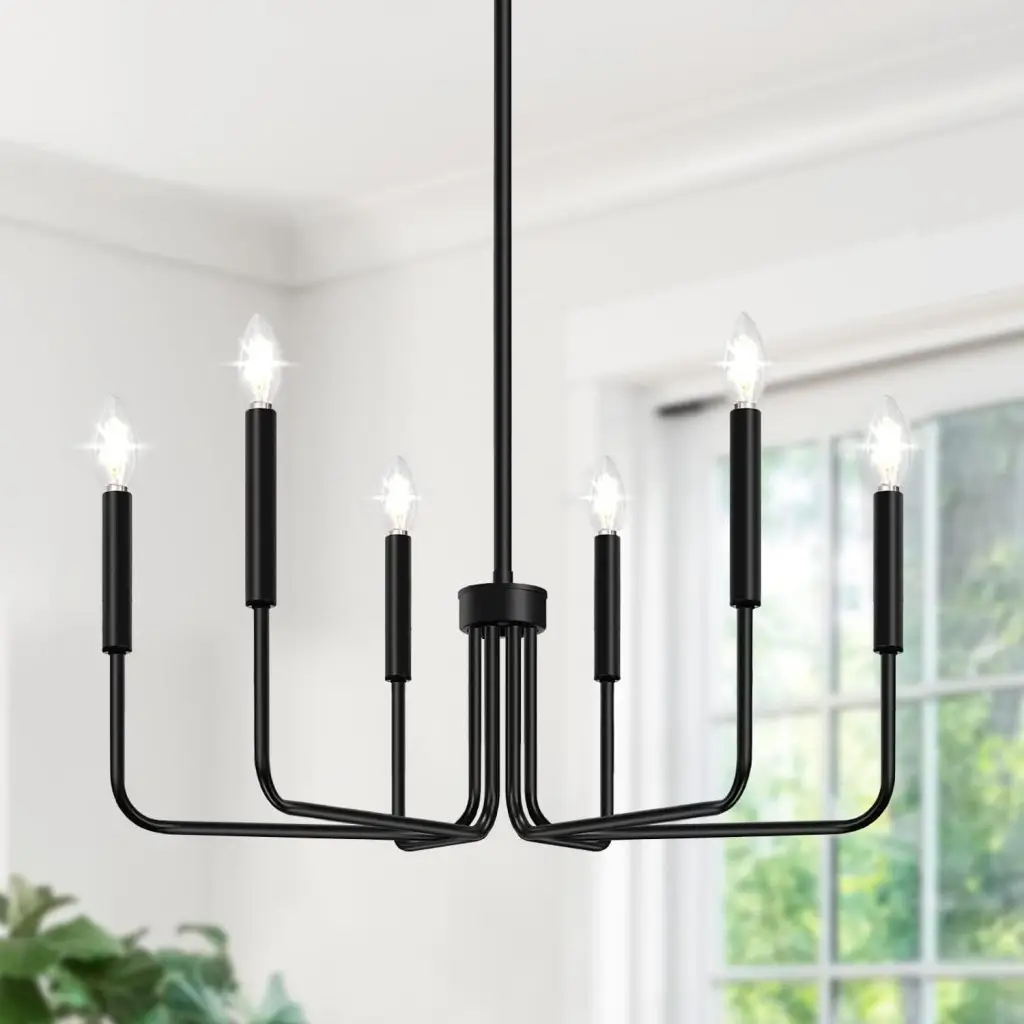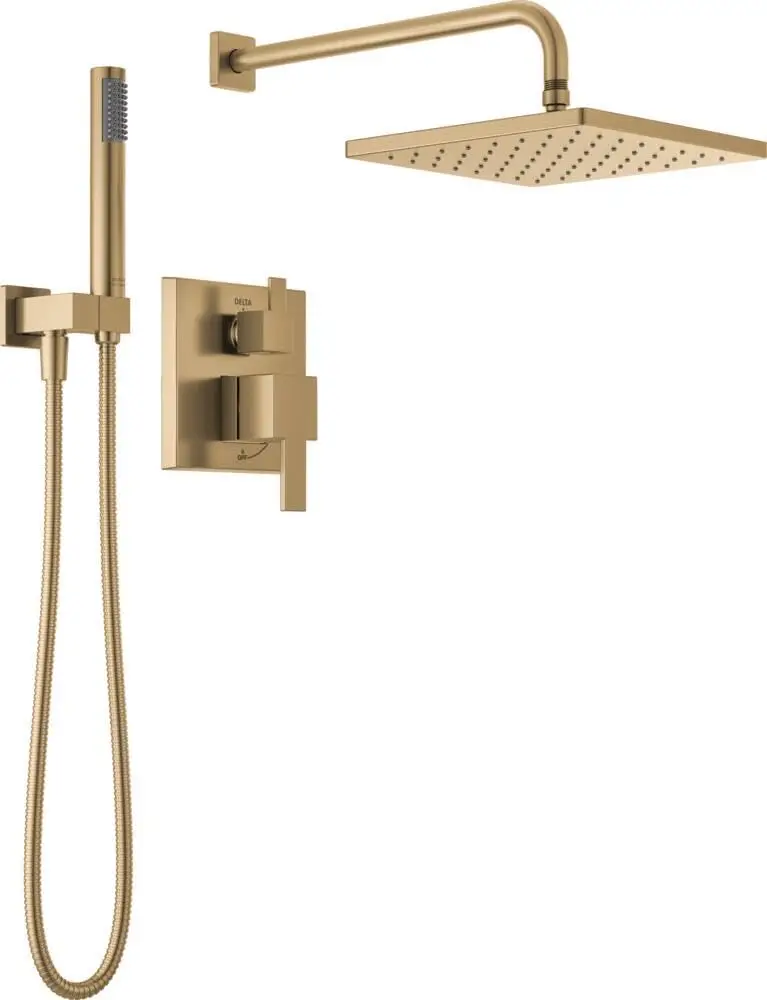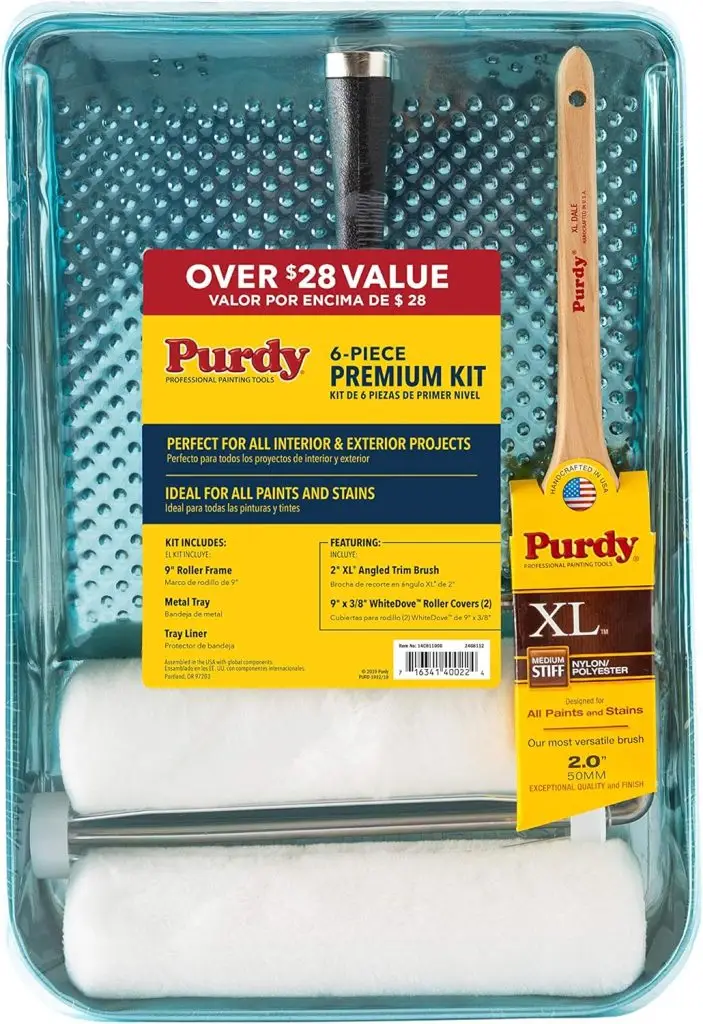Choosing the perfect paint color for your home can be a daunting task. With a seemingly endless array of shades and tones to pick from, it’s easy to get overwhelmed. However, fear not! In this guide, we’ll walk you through the art of choosing the right paint color for your home. Whether you’re looking to refresh a single room or transform your entire living space, these practical tips will help you make an informed decision that reflects your style and personality.
1. Understand Your Space
Before you dive into the world of paint swatches and color charts, take a moment to evaluate your space. Consider the following factors:
Natural Light
The amount of natural light your space receives can significantly impact how paint colors appear. Rooms with ample sunlight can handle bolder and darker colors, while those with limited light may benefit from lighter shades to create a sense of openness.
Room Size
In smaller rooms, lighter colors can make the space feel more spacious, while darker hues can add coziness to larger areas. Keep in mind that using too many dark colors in a small room can make it feel cramped.
Functionality
Consider the function of the room. Different colors evoke different emotions and moods. For instance, serene blues and greens are great for bedrooms, while vibrant reds and yellows can energize a kitchen or dining area.
2. Establish a Color Scheme
To create a harmonious flow throughout your home, it’s essential to establish a cohesive color scheme. Here are a few approaches to consider:
Monochromatic
Choose varying shades of a single color to create a soothing, unified look. This approach is especially effective for bedrooms and bathrooms.
Complementary
Pair colors that are opposite each other on the color wheel, such as blue and orange or red and green. This contrast can add visual interest to a space, making it more dynamic.
Analogous
Select colors that are adjacent to each other on the color wheel, like blue and green or red and orange. This creates a pleasing, harmonious vibe in a room.

3. Test Paint Samples
Never underestimate the power of paint samples. Most paint stores offer small sample containers of paint, allowing you to test colors on your walls before committing. Here’s how to do it:
Paint a Poster Board
Purchase a few poster boards and paint small sections with your chosen colors. Place them around the room at different times of the day to see how they look in different lighting conditions.
Paint a Small Area
If you’re torn between a few colors, paint a small area of the wall to get a better sense of how they will look on a larger scale. Remember to let the paint dry completely before making a decision.
4. Consider the Undertones
Paint colors often have undertones that can influence the overall look of a room. For example:
Cool Undertones: Colors with blue or green undertones tend to create a calm and tranquil atmosphere.
Warm Undertones: Colors with red or yellow undertones can make a room feel cozier and more inviting.
It’s essential to pay attention to these undertones to ensure your chosen color complements your furniture, decor, and lighting.
5. Don’t Rush the Decision
Choosing the right paint color is not a decision to be rushed. Take your time to live with your samples for a few days. Observe how they look during different times of the day and under various lighting conditions.
6. Seek Inspiration
Pinterest: Create a Pinterest board and collect images of rooms with color schemes you love.
Interior Design Magazines: Flip through design magazines for inspiration and ideas.
Online Tools: Many websites and apps offer virtual room painting tools that allow you to visualize different color options in your space. We use Sherwin Williams paint for all our projects and they have an amazing selection of colors!
7. Consult a Professional
Sometimes, despite your best efforts, you may find yourself struggling to make a decision. In such cases, it’s worth considering the expertise of a professional interior designer or a paint consultant. They can provide valuable insights and help you find the perfect color to match your vision.
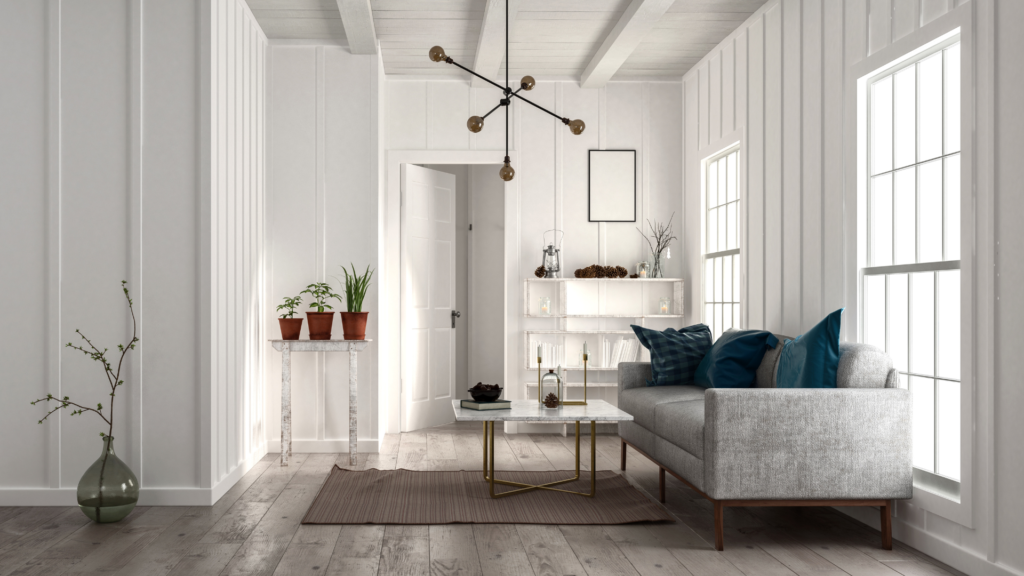
8. Keep the Finish in Mind
The finish of your paint can also impact the overall look of a room. Common paint finishes include:
Matte: A flat finish that is great for concealing imperfections but may not be as washable.
Satin: Offers a subtle sheen and is easy to clean, making it suitable for high-traffic areas.
Gloss: Provides a high-shine finish and is highly durable, but it can highlight imperfections.
Consider the practicality of the finish, especially in rooms where maintenance is essential.
9. Be Open to Change
Remember that paint is not a permanent decision. If you choose a color and find that it doesn’t quite work as you envisioned, don’t be afraid to make a change. Paint is a relatively low-cost and straightforward way to transform your space.
Choosing the right paint color for your home is an art, but it’s an art that anyone can master with some thought and patience. By understanding your space, establishing a color scheme, testing paint samples, considering undertones, seeking inspiration, and, if needed, consulting professionals, you can confidently select a paint color that enhances the beauty and personality of your home.
So, take your time, trust your instincts, and enjoy the process. With the right paint color, your home can become a true reflection of your style and taste, creating a warm and welcoming atmosphere for you and your loved ones to enjoy for years to come.
Once you have decided on the right color schedule your FREE estimate to make your interior painting project a reality!




